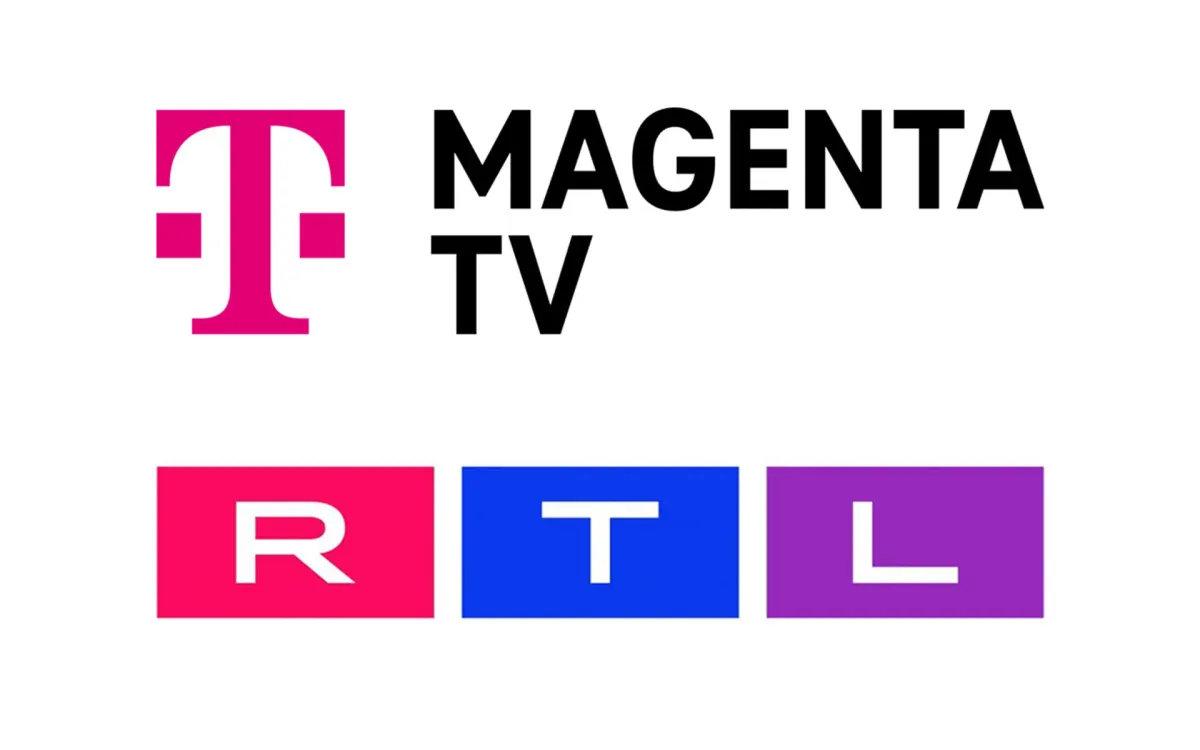
Deutsche Telekom and RTL Deutschland announced today, January 21, 2025, a significant extension of their streaming partnership that began in late 2020. The renewed agreement, which will run until at least 2030, marks a substantial development in Germany's digital entertainment landscape.
According to the announcement, RTL+ Premium will be automatically integrated into most MagentaTV price plans offered by Deutsche Telekom, eliminating additional fees for existing MagentaTV customers. The integration provides viewers with access to an extensive content library spanning more than 55,000 hours of programming, encompassing live sports content including UEFA Europa League and NFL broadcasts, dramatic series, reality programming, news coverage, and documentary content.
The collaboration has yielded significant results for RTL's streaming presence in Germany. According to AGF Videoforschung's market standard measurement for video content, RTL+ achieved remarkable growth in 2024, surpassing six million paying subscribers by year-end, representing an increase from 4.9 million subscribers recorded at the close of 2023. The platform generated 649 million hours of total viewing time, marking a substantial year-over-year increase of 66.6 percent.
Thomas Rabe, CEO of RTL Group, outlined the strategic implications of this partnership extension. "We have defined a clear path to reach profitability with our streaming business in 2026," Rabe stated in the announcement. The company plans to initiate the migration of RTL+ in Germany to the Bedrock streaming technology platform in 2025, signaling a significant technical enhancement of their digital infrastructure.
The agreement includes provisions for MagentaTV customers to upgrade to RTL+ Max, an enhanced entertainment package incorporating music and audiobook content, at a price point of €7 per month. Additionally, subscribers gain HD access to RTL Deutschland's complete portfolio, comprising ten free-TV channels and four pay-TV channels.
RTL Group has established concrete targets for its streaming operations across multiple European markets. By 2026, the media company aims to achieve approximately 9 million paying subscribers across its services, which include RTL+ in Germany, M6+ in France, and RTL+ in Hungary. The group projects streaming revenue to reach approximately €750 million, supported by an increased annual content investment of around €500 million.
The company maintains a substantial presence in the European media landscape, operating 60 television channels, seven streaming platforms, and 36 radio stations. RTL Group holds prominent market positions across six European countries, where its family of TV channels ranks either first or second in their respective markets. RTL Deutschland, as the group's largest business unit, has established itself as a cross-media entity operating across television, streaming, radio, digital, and publishing sectors.
Fremantle, a subsidiary of RTL Group, contributes significantly to the content pipeline, producing over 11,000 hours of programming annually through its international network spanning 27 countries. The group's technological infrastructure is supported by Bedrock, its streaming technology provider, and Smartclip, which handles advertising technology solutions.
RTL Group will present comprehensive financial results for the 2024 fiscal year on March 20, 2025. The company, majority-owned by Bertelsmann, maintains listings on both Luxembourg and Frankfurt stock exchanges and is included in the MDAX stock index.
The partnership between Deutsche Telekom and RTL Deutschland represents a strategic alignment in the evolving digital entertainment sector, combining telecommunications infrastructure with content delivery to address changing consumer viewing habits in the German market. This cooperation demonstrates the continuing transformation of traditional media distribution models toward integrated digital platforms.

